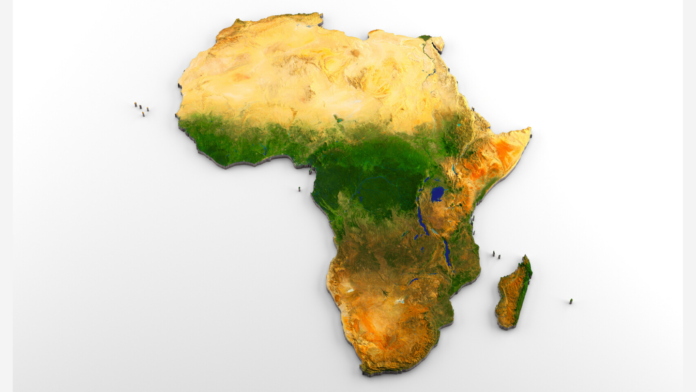In a 2004 report, the International Monetary Fund revealed that “the goal of a common African currency has long been a pillar of African unity”. But we’re almost two decades on now and it’s a goal that is yet to be realised. In truth, the prospect of bringing 42 separate currencies under a single monetary union is a challenging one. But there does appear to be appetite – in part, at least – to make it happen. So, where does the fiscal future of the continent currently lie?
Does Africa need a centralised currency?
As with all economic proposals, there are arguments for and against. And there will be some of the opinion that Africa doesn’t need a central currency. But it’s not necessarily all about need – although this is important. There is also the matter of ‘want’. For those in the French-speaking west African region, for example, it means no more reliance on a France-influenced CFA Franc.
Moves towards a single currency in 15 western African nations – such as Ghana, Sierra Leone, and Nigeria – are already in progress. The ‘eco’ had been due to launch in 2020. But Covid-19 got in the way and it is now estimated that it could now be up to five years until the plans are realised. There is also concern over the ‘economic alignment’ of the prospective members.
On a practical level, a single currency would perhaps strengthen the continent’s ability to build strong internal trade partnerships. At present, doing business in 42 currencies is the challenge. But the secretary-general of the African Continental Free Trade Area’s (AfCFTA’s) secretariat is now hopeful that a single trade currency can be established in the near future.
What can the Euro’s success teach Africa?
The difficulties of economic alignment and uniting multiple countries under one currency aren’t new. And Africa only need look north and across the Mediterranean to take lessons on how this can happen. The Euro is one of the world’s biggest currencies and is a popular choice for global investors when using their welcome bonus on the forex market. Can Africa take a similar path?
If executed right, a single currency could bring to Africa the same benefits that are being seen in Europe. Greater trade, increased competition, stable prices, and improved economic growth are some of the intended outcomes. You can also argue that the Euro has enhanced the sense of European identity. For all the positives, however, there are warnings for Africa to heed.
The 2010 Eurozone crisis, in particular, highlights the risk of imbalances that comes with fiscal union. The single currency also removed an ability for member nations to take their own steps to deal with matters such as inflation or economic recession. With even more countries part of a single African currency union, the risk of a similar crisis cannot be underestimated.
As far as the future of a single African currency goes, much will surely depend on how the eco project develops. If the western African nations can enter into a successful monetary union by 2025, it could lay the blueprint for expansion across the continent. But it could also depend on the economic developments that lie ahead – particularly as the world emerges from Covid-19.
































































